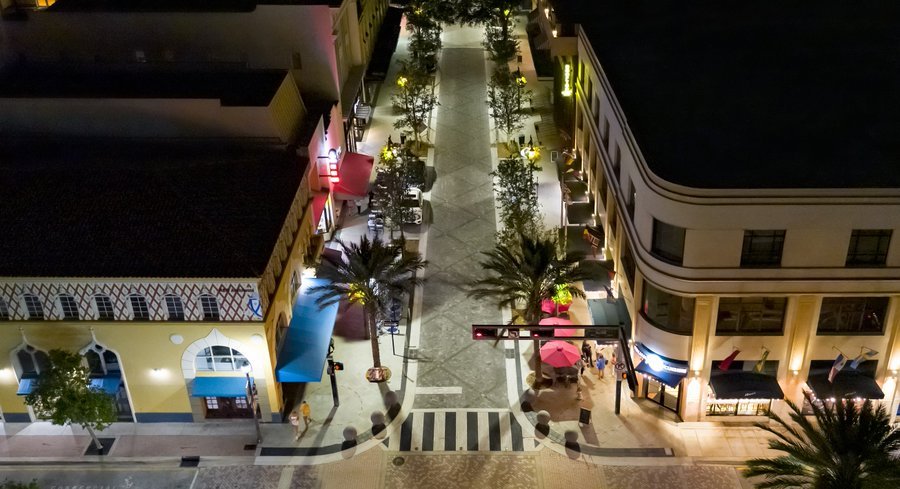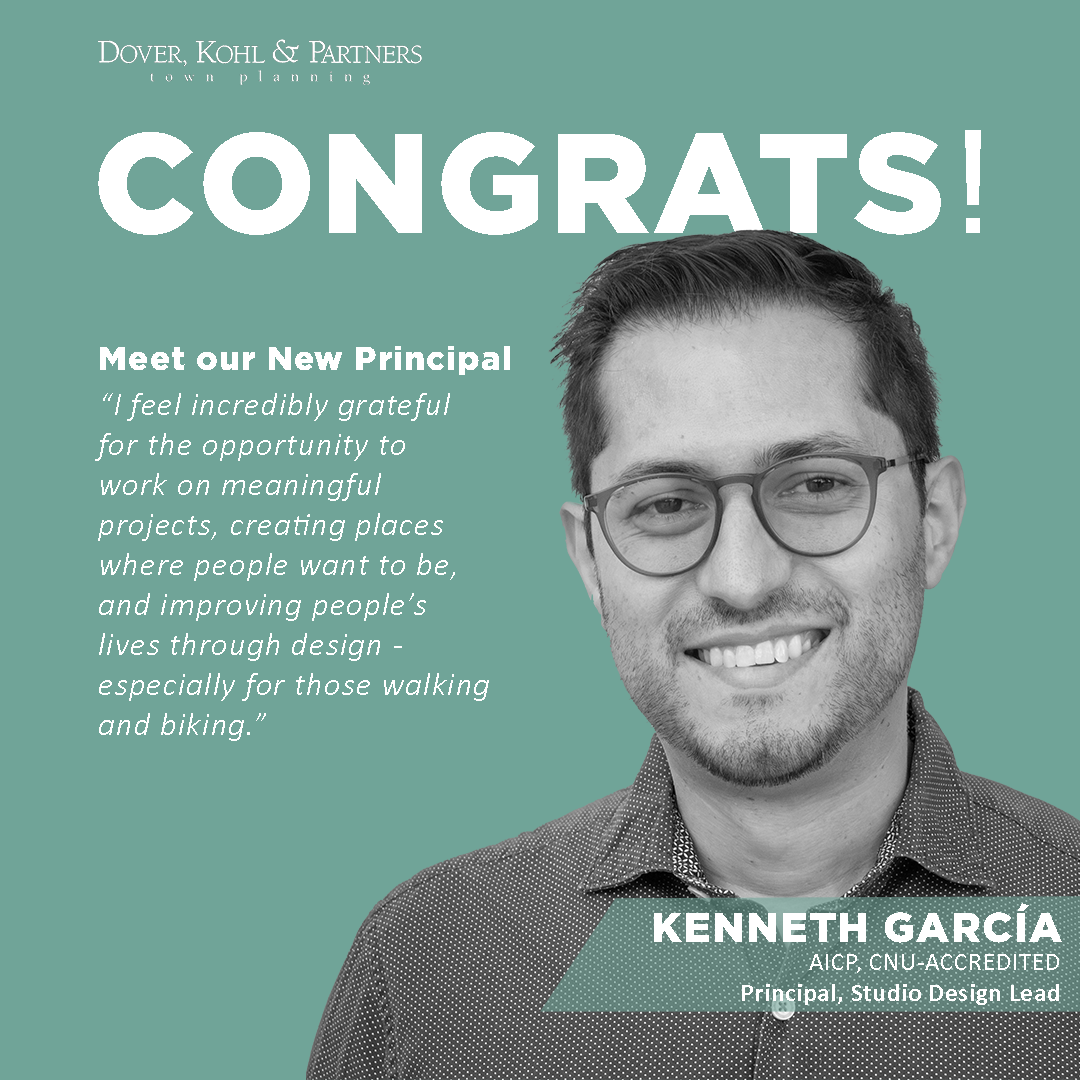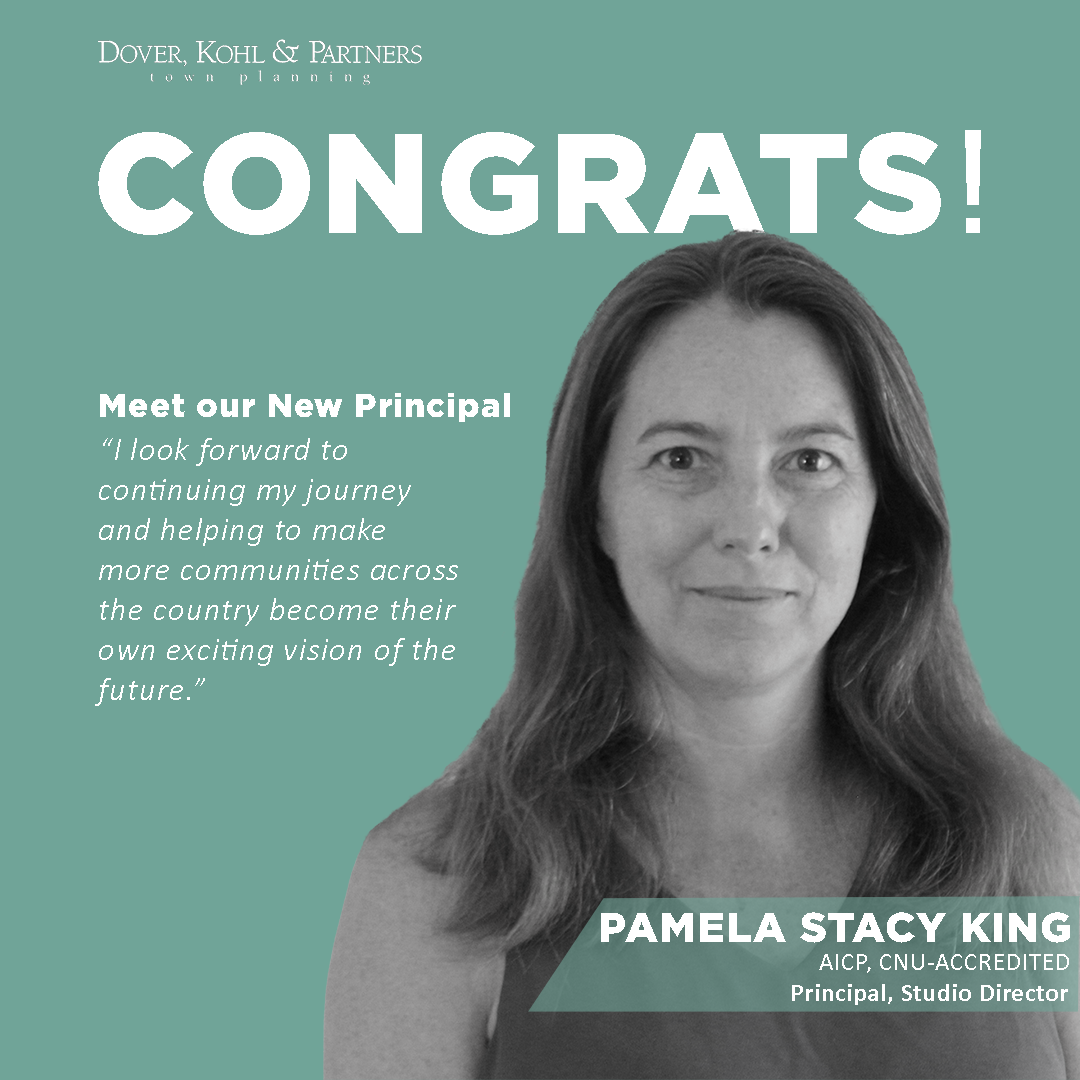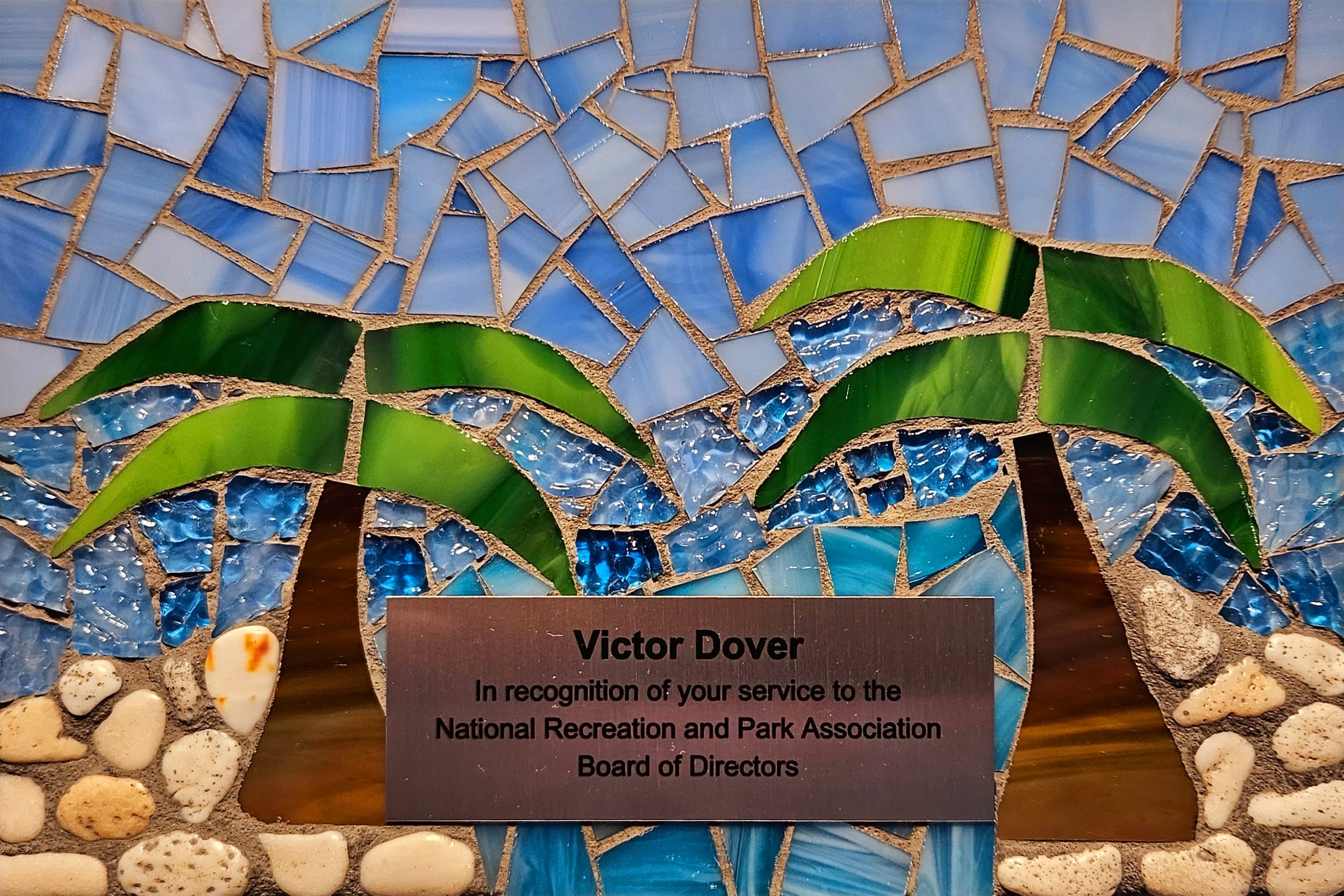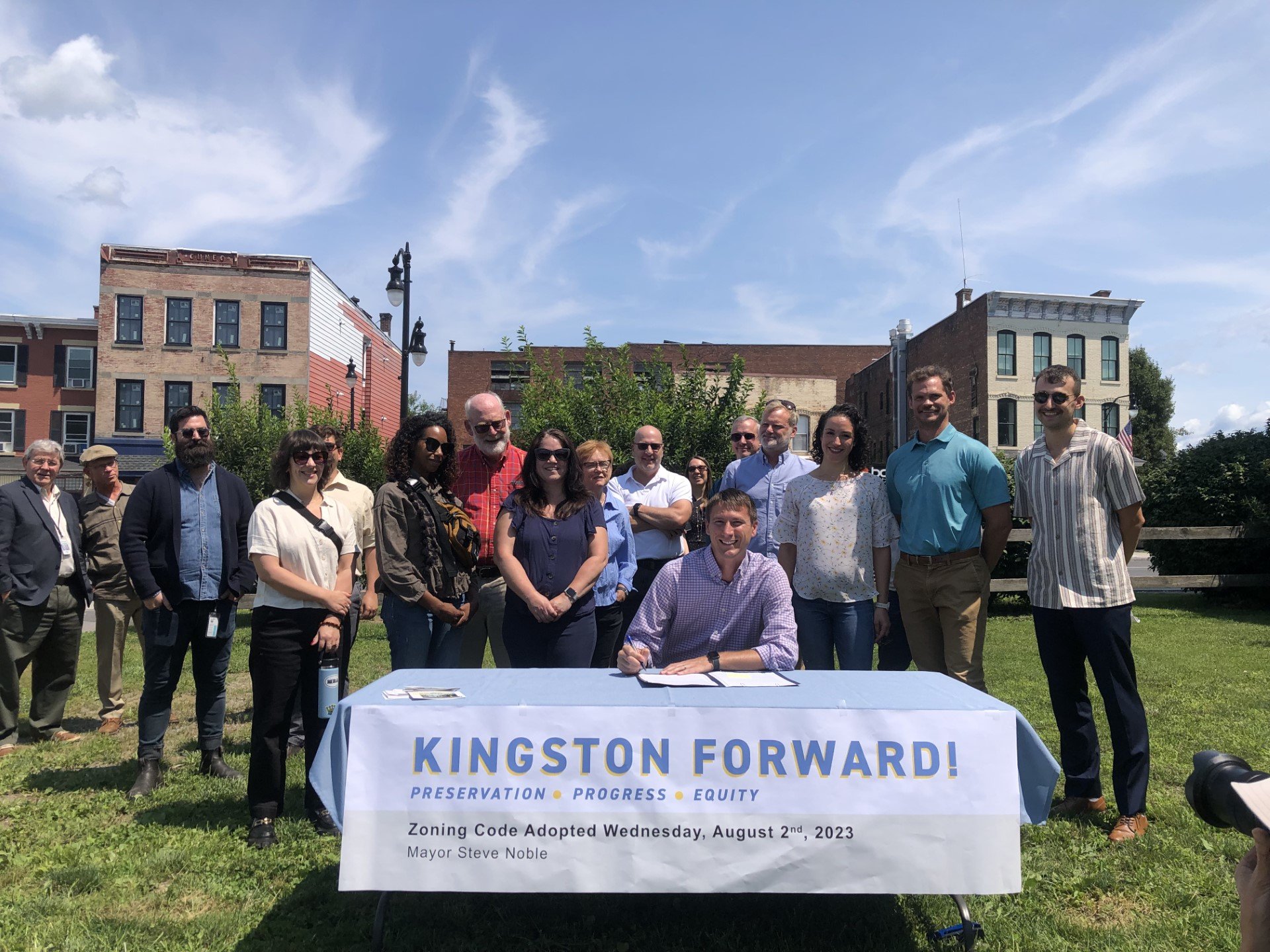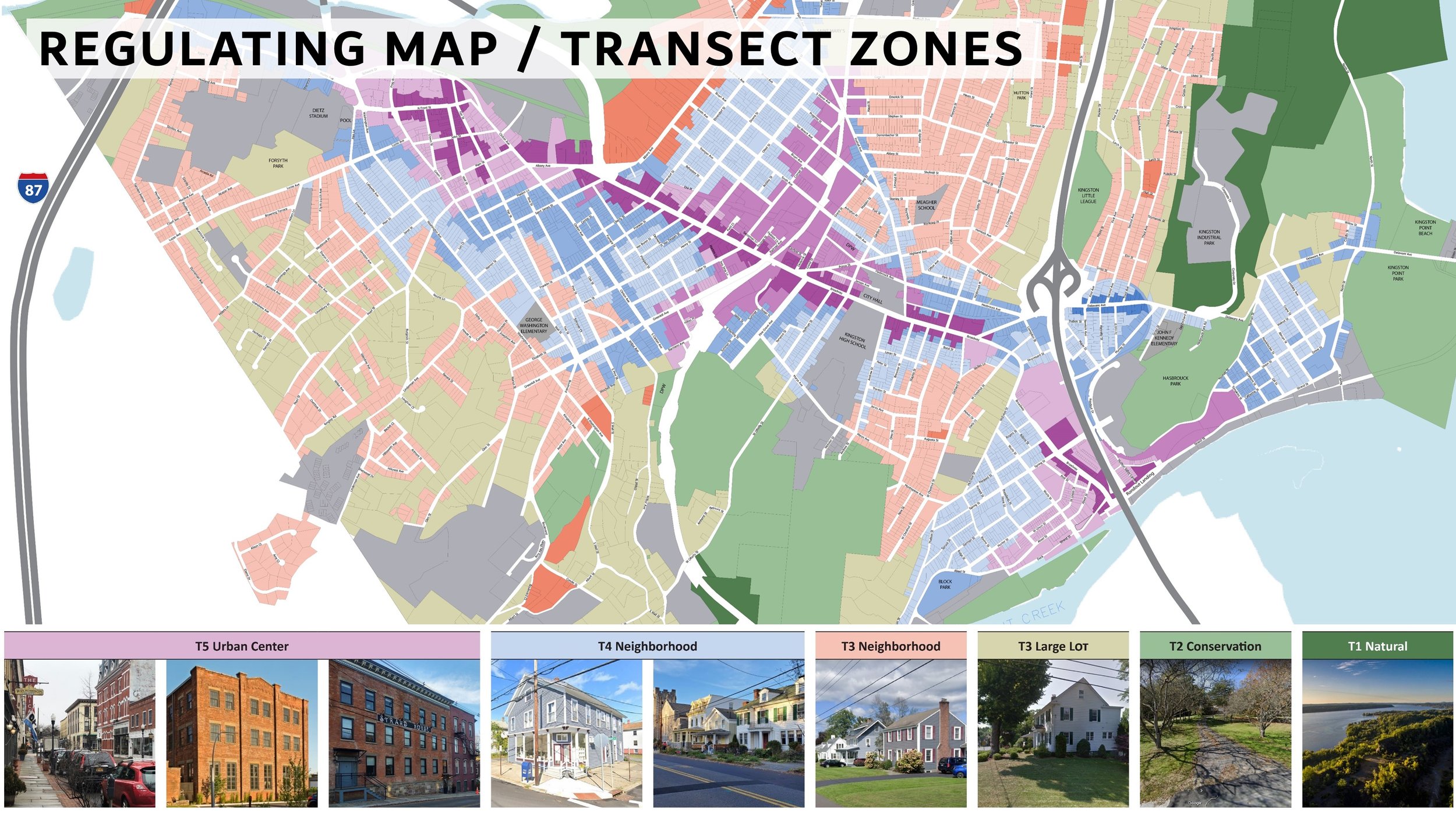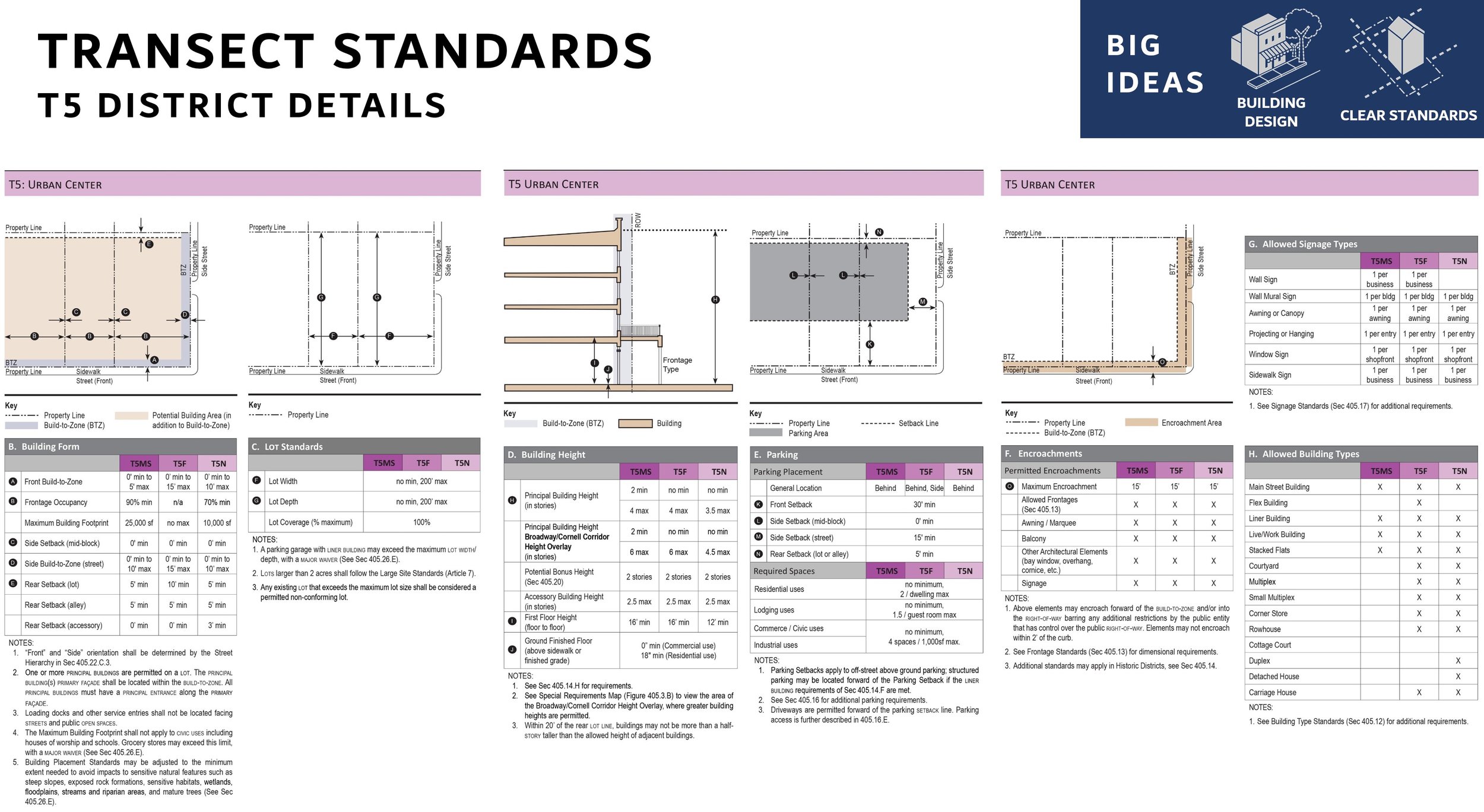The Baywalk along downtown Miami’s shoreline is emerging, one segment at a time, as the adjacent properties are redeveloped. The public access to the waterfront is the result of 40 years of patience and diligent public policy.
The National Association of City Transportation Officials (NACTO) held their annual Designing Cities conference in Miami, May 7-10, 2024. The event attracted over 1000 transportation experts, decisionmakers and advocates from all over the country. Our Dover-Kohl team (including Kenneth García, Victor Dover, Kessie Estil, and Pablo Dueñas) led two NACTO tours on scooters and bikes. The four-mile tours examined downtown Miami’s emerging trails network, including the Baywalk, the Riverwalk / Miami River Greenway, and the Underline.
NACTO conferences are unique in that more than 40% of the program is held in the field, touring real-world challenges and solutions. The Riverwalk and Baywalk were perfect subjects; segments are gradually filling in and connecting, more than 40 years after the idea was officially adopted. Meanwhile the Underline is being rapidly completed and has become Miami-Dade’s signature urban trail and linear park (and, as the Friends of the Underline put it, a “living art destination”).
Victor Dover explains the history of Miami’s settlement, the Riverwalk, and the Miami River Greenway
The group had many questions for Masi Faroqui, head of community outreach for Friends of the Underline
Bikes, e-bikes, and Bird scooters! Special thanks to Bike Walk Coral Gables and Enrique Nunez for assisting!
NACTO is considered the most forward-thinking of professional organizations in the transportation field, because they bring an urban, livable-communities perspective to street design. (Many county and state transportation officials, and their professional associations, have long seemed to apply a high-speed, car-only, rural/suburban mindset to city streets. In recent years, NACTO has fought back against the one-size-fits-all approach for which the state and county agencies are notorious.)
The route included Bayfront Park, the Miami River, the Brickell neighborhood and its transit station, the newest section of the Underline, and recently completed paths along Biscayne Bay.
This was the twelfth time NACTO has convened such a gathering, and the first time in the southeast United States. Miami-Dade County’s Department of Transportation and Public Works hosted the event. #NACTO2024
















